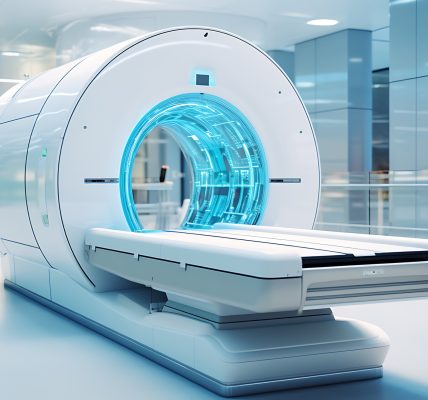How Alcohol Use Disorder Affects the Brain
We’re seeing quite a bit of new research being published on what happens to the brains of people with substance use disorders. A recent review article in the journal Translational Psychiatry found that brain damage caused by addiction to alcohol is different than damage caused by opiates, damage caused by cocaine, or damage caused by THC. Brain scans can identify the areas of the brain most impacted by substance use disorder, but the impacts are very different for different drugs.
Now another study just published in Translational Psychiatry examines the brain scans of 32 abstinent men recovering from alcohol use disorder (AUD) and 30 “healthy control” men. Using multivariate pattern analysis, the researchers were able to discover a reliable method for distinguishing scans of AUD subjects from control subjects with 98.57% accuracy. The same method could also accurately predict addiction severity.
The findings were then validated with an independent data set of 35 men recovering from AUD and 36 healthy control men. The second data set achieved a 91.67% accuracy rate at classifying subjects as AUD or control. Digging into the data, the researchers summarize the way AUD brains were different from control brains:
The results of spectral dynamic causal monitoring (DCM) analysis indicated that individuals with AUD exhibited decreased effective connectivity from the left pre-SMA to the right putamen, from the right dACC to the right putamen, and from the right LOFC to the right NACC compared to healthy controls. [preSMA = pre-supplementary motor area; dACC = dorsal anterior cingulate cortex; LOFC = lateral orbitofrontal cortex; and NACC = nucleus accumbens].
The results are illustrated in Figure 1.
Figure 1: Composite brain scans from a new study in Translational Psychiatry.
The researchers state that, “These brain regions are involved in executive control, decision-making, and reward/loss processing and might provide a novel perspective for the clinical diagnosis of AUD.” Based on this work, doctors should be able to see how strongly addicted to alcohol a patient is from a brain scan. There is no telling, however, what the scans would look like with other substance use disorders.
The authors go so far as to state, “[I]mpulsiveness may be a critical personality trait individuals have that makes them vulnerable to alcohol use and develop AUD.” The authors note that impulsiveness can lead to AUD which can increase impulsiveness even further: “An emerging view considers impaired executive control as both a determinant and a consequence of addictive behaviors”:
These findings suggest that individuals with AUD exhibit significant impairment of executive control, and the degree of executive control impairment worsens with the increase of the severity of the addiction.
Other findings in this study produced by a large team of researchers across China include:
- “[D]ysfunctional dACC-mediated faulty error signals” increase fear and anxiety and contribute to the obsessions observed in alcohol use disorder
- Sensitivity to the negative consequences of alcohol consumption decreases with the severity of addiction
- People suffering from AUD prefer “habitual behavior” over “goal-directed behavior”
- People suffering from AUD show an “excessive sensitivity to rewarding reinforcement.”
The authors believe this research illustrates the importance of diagnosing impulsiveness early in life and intervening to warn people of a predisposition to addictive behaviors. To reduce impulsivity, they suggest:
[T]transcranial electrical stimulation to decrease impulsivity in individuals with a high risk of AUD by reducing the EC strength from the right NACC to the left pre-SMA may prove to be an efficacious approach for preventing and treating AUD.
The study’s lead author, Xiaochu Zhang, a professor at the University of Science and Technology of China, told PsyPost editor Eric W. Dolan, “These findings suggest that impulsivity may serve as a significant personality trait predisposing individuals to alcohol consumption and the development of alcohol use disorder, thereby providing crucial insights for early prevention and diagnosis.”
The study confirms a great deal of previous research into the effects of alcohol addiction on the brain. Similar studies with other addictive substances may also lead to a better understanding of the unique ways substance use disorders interact with the brain.
Written by Steve O’Keefe. First published November 20, 2024.
Sources:
“Atypical effective connectivity from the frontal cortex to striatum in alcohol use disorder,” Translational Psychiatry, September 18, 2024.
“Scientists discover atypical brain connectivity in those with alcohol use disorder,” PsyPost, November 15, 2024.
Image courtesy Translational Psychiatry, used under Fair Use: Commentary.




